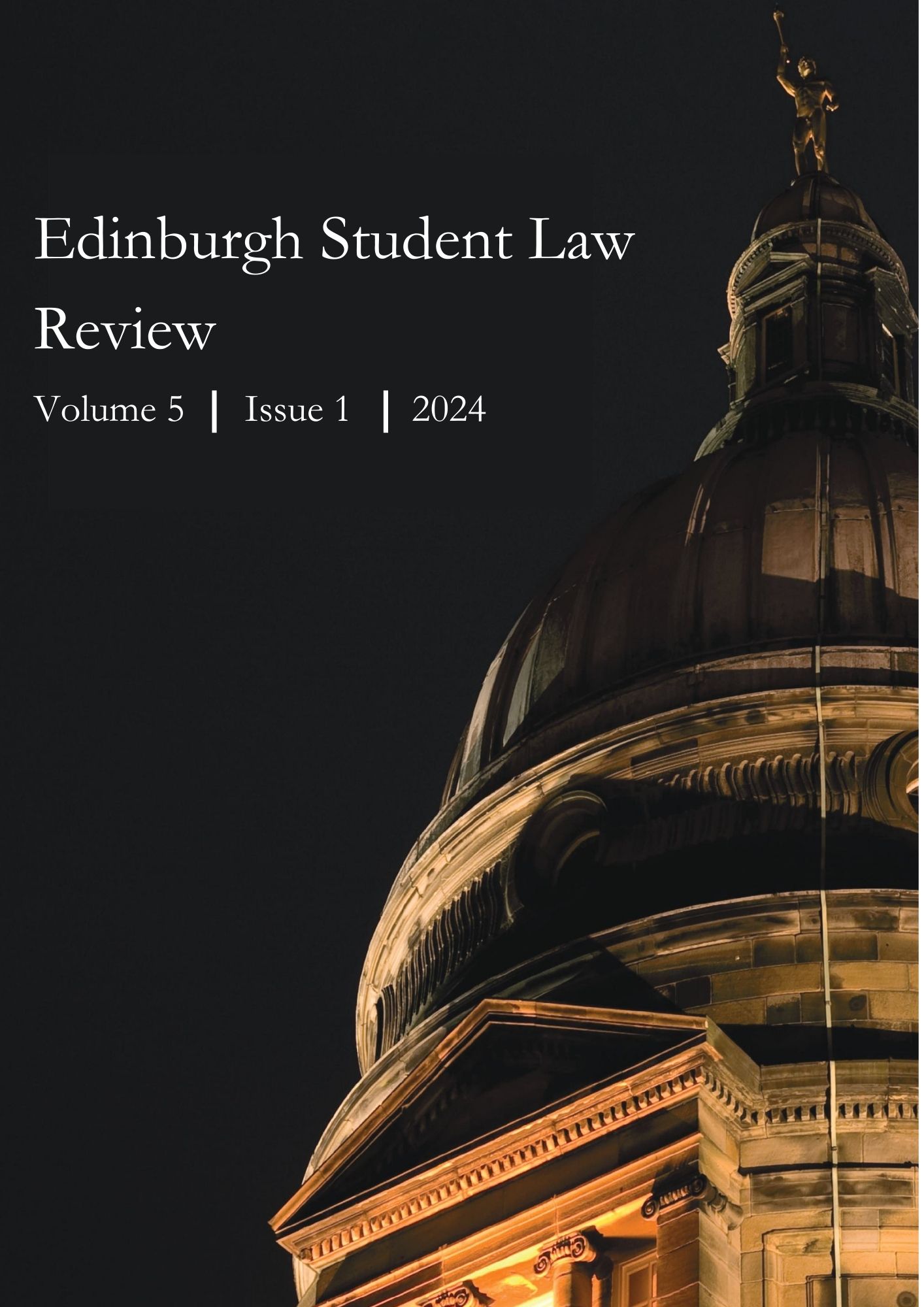Trust: In Search of the Core Features
DOI:
https://doi.org/10.2218/eslr.2024.5.1.9701Keywords:
Trust, Essentials, Trustee, Settlor, Beneficiary, Void, Inexistence, PurposeAbstract
It has been a long time ago that trusts arrived in different non-common law jurisdictions. Its worldwide adoption, however, has risen some doubts about what are the essential elements that must be present in this legal device. Different scholars have proposed what is called the “essentials” of a trust. This contribution aims to provide another alternative to this doctrine. After some preventions regarding the scope of this work, and using the English, Scottish and Argentinian cases, it is concluded that a trust – for being a proper trust – must fulfilled three requisites: (i) the settlor must not have control over the trust assets; (ii) the trustee must act under an standard of conduct and fiduciary duties; and (iii) the trustee must benefit someone (the beneficiary) or fulfil a purpose. Nevertheless, this is not enough to justify their essentiality when setting up a trust: they are also core features because their absence threats its validity and existence.
Downloads
Downloads
Published
Issue
Section
License
Copyright (c) 2024 Diego Montecino

This work is licensed under a Creative Commons Attribution 4.0 International License.






